Why does the Nova Scotia SPCA want to import animals from outside Canada?
The Nova Scotia SPCA feels that if we have the capacity to help homeless animals in need, that we should extend our help to areas that are not as fortunate. Of course, ensuring that local animals always have access to the help they need. Also, having a pet is an enjoyable family experience, and with fewer animals in Nova Scotia for rehoming there is an opportunity for the SPCA to help people access rescue pets who might not otherwise have the opportunity to find a home.
Where are you going to get the animals from?
Animals will be coming from high volume shelters, that have been evaluated and meet stringent criteria for medical and behavioural evaluations.
There are so many animals that need help in Nova Scotia, why don't you focus on them?
The SPCA has noticed a sharp decline in the number of animals in Nova Scotia needing our help, especially during certain times of years. While there is still work to do, and animals needing help locally and there likely always will be, the Nova Scotia SPCAs’ capacity exceeds the volume of these requests we are receiving locally.
Other animal rescues are already importing animals - why do you have to do it too?
We believe that the SPCA can raise the standards on animal transport by doing so in a way that meets the highest standards of safety and ethical considerations. Animal Rescues, in general, are unregulated, and transport happening now may not always be done in the safest or most transparent way. The overpopulation crisis in some areas of Northern Canada and the Southern United States is not being met solely by the existing transport programs in place, there are still more animals needing rescue and Nova Scotia homes available to adopt them.
Are you doing this for money?
Quite the opposite! Transport is actually an expensive endeavour. The Nova Scotia SPCA plans to take on animals that may have surgical needs such as extensive dental work required, those procedures are often beyond the resources of overcrowded shelters but are something the Nova Scotia SPCA has the resources to address. We are also doing this so that Nova Scotia families can enjoy having a companion animal in their lives that is suitable for their family.
What about the animals that need help in our local communities, our province, our country?
Nova Scotia animals will always come first, but we have the ability to do both without negatively affecting local animals in need. The Nove Scotia SPCA has reached out to various Canadian organizations to offer assistance, and is always available to help with local needs. We currently have partnership with one organization in Newfoundland that sends us cats on a regular basis, we have done transports from Saskatchewan in the past, and are an approved partner with the Montreal SPCA.
Across Canada the situation of overpopulation is fast stabilizing, many organizations find themselves with extra capacity and don’t require any help to manage their animal volume aside from some of the more challenging dogs with behavioural issues.
Do you really think that a Nova Scotia SPCA Transport Program is going to solve population problems in America?
Yes! It certainly will help, and together with all the other transport programs across Canada and the Northern United States will make a significant difference. Transport programs have been in operation for over 10 years, and have made a significant impact not only for the animals whose lives have been saved but also for the communities in general.
Nova Scotia SPCA supports the overcrowded shelters by enabling them to focus on other programs such as spay/neuter assistance. It is important to us that our partner organizations are actively working to reduce their population crisis, and alleviating some of the animals in their care gives them the time to focus on that goal. There have already been major strides towards ending accidental breeding and overpopulation issues, and transport was a key piece in helping work towards those goals.
How are you going to make sure you don't bring disease into our province?
Transport partners are required to follow strict protocols such as mandatory vaccination upon the first intake, veterinarian checks the day prior to transport, and heartworm testing. The SPCA will be also evaluating the animals’ health, and performing diagnostics like fecals. We realize no protocol can 100% prevent an animal with an illness coming into our care if that animal just happens not to be showing symptoms at time of transport, Nova Scotia adopters will be educated on the risks and the signs to watch for and given instruction for follow up care with their veterinarian as well as requirements to avoid public parks and other areas during a standard observation period. The most important part is that the SPCA will be providing education to adopters, and will be disclosing information. Transport into Nova Scotia is already occurring quite often by rescues, typically without the level of standard preventative protocols, education measures and disclosure that the Nova Scotia program has in place.
How do you know the animals you are bringing in are safe to adopt?
Transport partners will complete a preapproved behavioural testing method. The SPCA will also then reevaluate that dogs behaviour when he or she arrives. Transport partners are required to provide full disclosure in order to be accepted into the ASPCA transport partnership. This program gives us assurances that the sending shelter has met certain guidelines and follows ethical principles to take advantage of the ASPCA transportation network.
